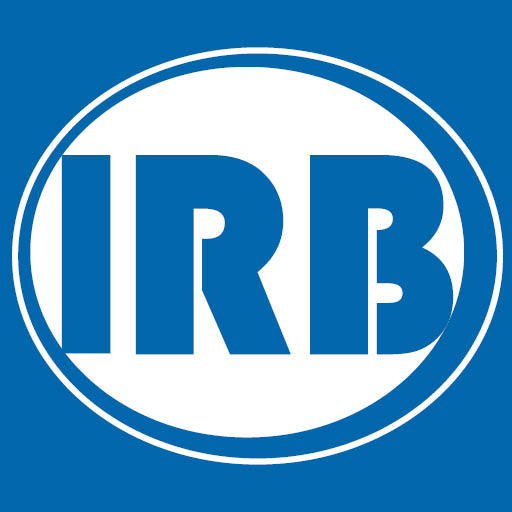Financial Inclusion of Women: A Way to Empowerment
Increasing access and usage to quality financial products and services is essential for inclusive economic growth and poverty reduction. Sustainable Development Goals (SDGs) 1 (target 4) and 5 (target 7) explicitly call for equal access to financial services as a building block to end poverty and achieve gender equality. Delhi, the national capital with over 16 million people, has been estimated to have more than half of the population living in unplanned settlements ranging from slum clusters to urban villages. Though the literacy rate among women in Delhi is around 81 percent and around 78 percent of the households have one bank account, the extent of financial literacy among women, particularly those belonging to marginalized and economically weaker sections in Delhi is a matter of great concern. Without financial awareness and practice, her financial independence and empowerment at large, is also at stake. The paper, using the findings of a household survey conducted in Delhi, aims to assess the knowledge and practices related to financial matters among women residing in the slum or low income localities and its impact on women’s decision making and empowerment. The paper concludes with suggestions towards improving financial inclusion among women.






